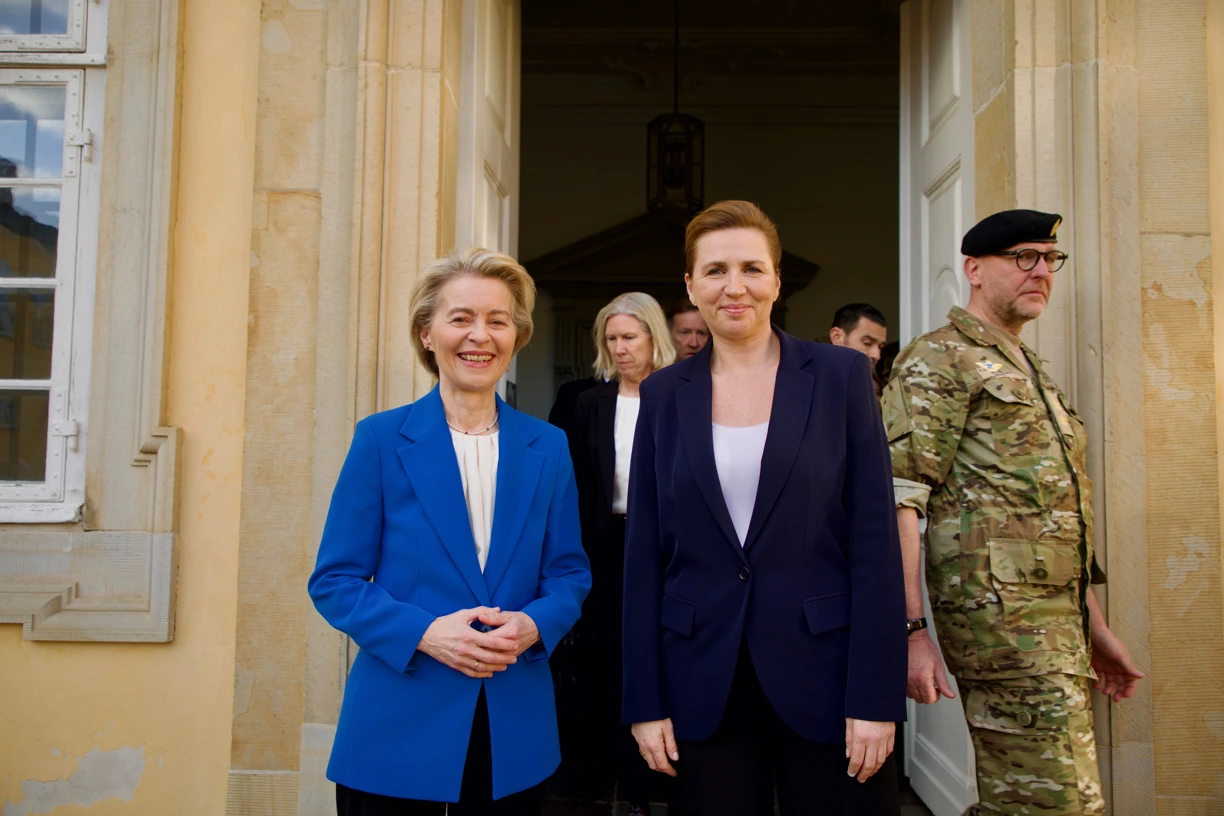The EU has been left shaken and stirred by the migrant crisis. Half the population in Syria has been forced to move – either internally or outside the country.
Symbolic measures
Nobody expected the ketchup effect, but it came all the same with thousands of migrants seeking ways to find shelter in northern Europe. The media coverage of the hardship these people have undergone has had an impact – even Danish hardliners are moved.
Dansk Folkeparti during their congress last weekend even softened a bit. They called for border controls – not closures. They have understood that symbolic measures are all it can hope for.
And border controls towards Sweden and Germany seem out of proportion when we have seen the energy the migrants can demonstrate when they are desperate and resourceful enough. The benefits of controls weighed against the trouble and time wastage speak for themselves.
Old fears, new realities
The dogmatic basic rule of the EU is the free movement of labour. To our surprise we did not see that much of it in the past – the swarms of Portuguese, Greek and Eastern European workers failed to materialise. We have some – 40,000 workers from Poland for example – but far fewer than the pessimists feared, and less than we need!
Most people love the place where they were born – and if they are forced to leave they continue to dream of a safe and happy return.
Migration will never die
It is an eye-opener. Hopefully we can cope with the Syrians and others from the war-torn Middle East and give them shelter, integrate them and even assimilate them. But we should not be surprised if they someday go back and rebuild their countries (although some repair work on their borders, established in the aftermath of the First World War by a ruler and not by ethnic or social logic, might need to be done).
What we see now is that in this global society migration can and will take place if the conditions are right, whether it is due to war, natural disaster or climate change. We should be proactive, not reactive.
Only the ostrich still believes in avoiding trouble by sticking its head into the ground.












